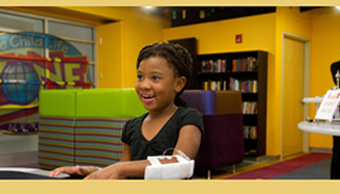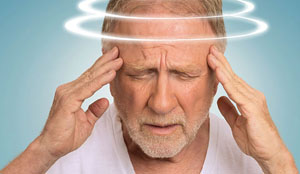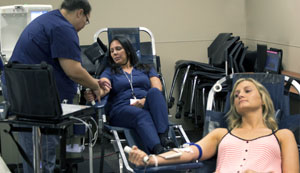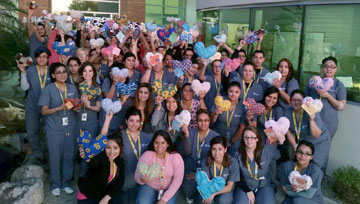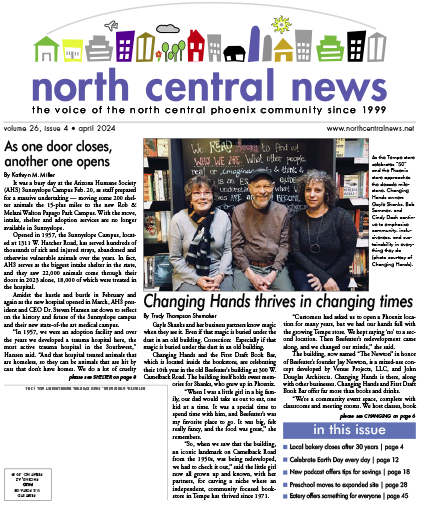While the majority of people who have contracted COVID-19 are adults, experts say children and teens are not immune to the disease in Arizona and around the country.
The American Academy of Pediatrics and Children’s Hospital Association recently released a report showing there were 513,415 child COVID-19 cases reported in the United States, Puerto Rico and Guam, as of Sept 3. That means children represented 9.8 percent of all Coronavirus cases.
In Arizona, there were 25,365 cumulative COVID-19 cases among those ages zero to 19, with children and teens making up 12.5 percent of total Coronavirus cases in the state, as of Sept. 3, according to the report. This report showed Arizona was among eight states with the highest number of cumulative cases of COVID-19 in children, as of early last month.
Dr. Lisa Grimaldi, an associate professor in the Division of Cardiovascular ICU at the University of Arizona College of Medicine Phoenix, said most children who have tested positive for COVID-19 do not have symptoms or have only a very mild disease. Grimaldi also is pediatric critical care physician at Phoenix Children’s Hospital. She said there are reports out of New York and Europe that children are being hospitalized with a new disease that appears to be tied to Coronavirus. Called multisystem inflammatory syndrome in children (MIS-C), it looks similar to Kawasaki Disease, a rare pediatric condition that makes blood vessels in the body become inflamed and can cause life-threatening aneurysms, Grimaldi said.
She said most children who develop COVID-19 related MIS-C do not have the symptoms commonly seen in adults with Coronavirus, including breathing problems or a cough. Most children who contract it suffer abdominal pain, vomiting or diarrhea. Affected children also might have a fever of 101 degrees that lasts for several days, as well as a skin rash, red eyes, red tongue, enlarged lymph nodes and swelling and redness of the feet and hands. Grimaldi recommends parents who notice their child has a fever, abdominal pain or any of the other symptoms contact their pediatrician as quickly as possible.
To learn more about how COVID-19 impacts children, visit the University of Arizona College of Medicine at phoenixmed.arizona.edu or Phoenix Children’s at phoenixchildrens.org.

